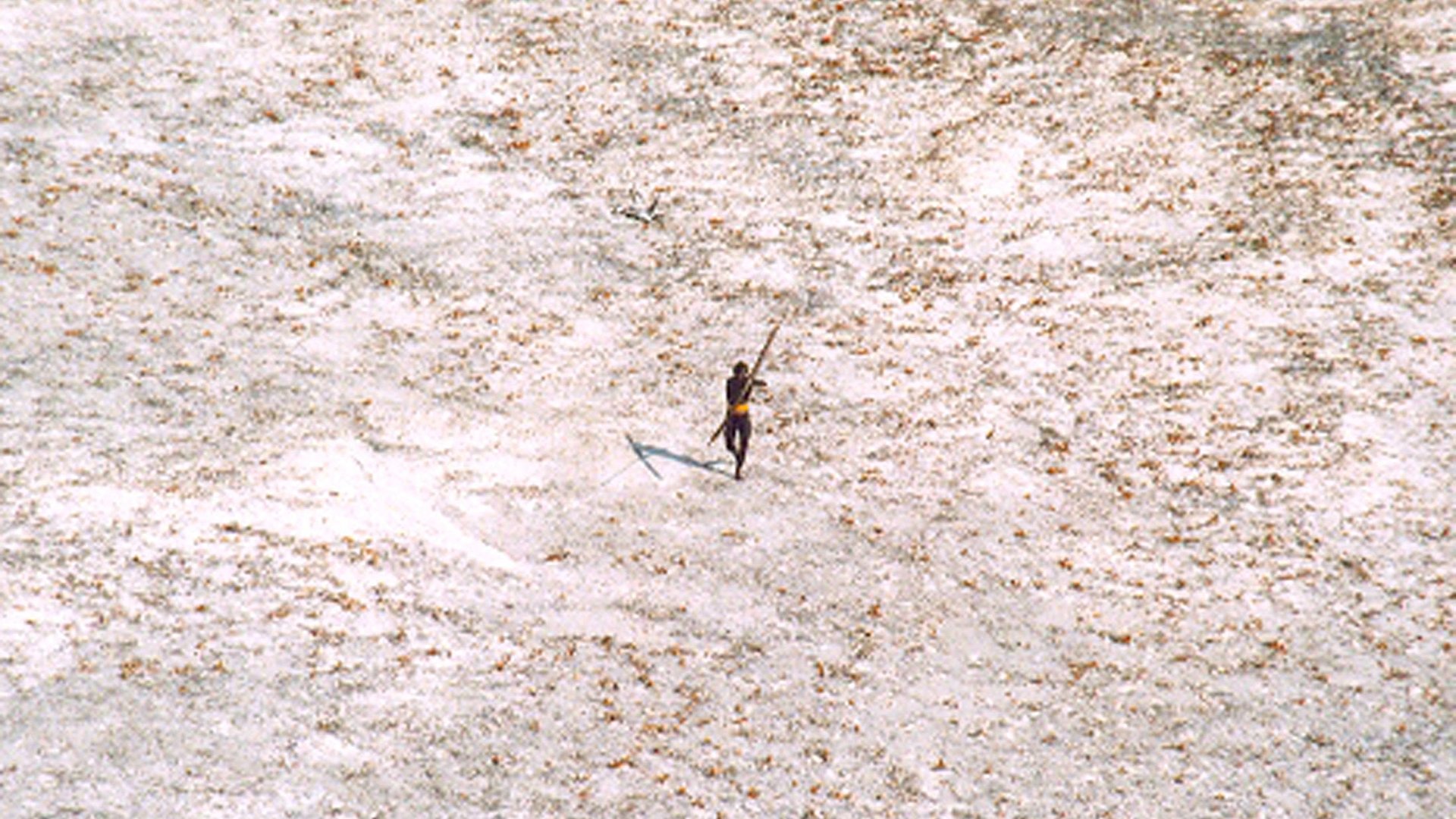There are no plans to repatriate John Allen Chau’s body. Here’s why that’s unusual
The story of American missionary John Allen Chau, who was killed by members of the Sentinelese tribe while making an illegal attempt to come to their island, is extraordinary in many ways. One of them is the way his story will end.


The story of American missionary John Allen Chau, who was killed by members of the Sentinelese tribe while making an illegal attempt to come to their island, is extraordinary in many ways. One of them is the way his story will end.
Yesterday, the Guardian reported that Indian authorities are not making plans to recover Chau’s body from North Sentinel Island—part of the Andaman Islands in the Bay of Bengal—where it is believed he was killed on Nov. 16. Authorities are concerned about further inflaming tensions with the Sentinelese people. North Sentinel Island is a protected area, and its residents have resisted contact with the outside world (sometimes violently) for tens of thousands years. Indian government policy says the tribe’s wish to remain in isolation should be respected.
This decision is consistent with the only known precedent for this particular situation. In 2006, two fishermen inadvertently washed up on the same island after losing control of their boat. Tribe members killed them and buried them on the beach. Efforts to reach the island and recover the bodies were resisted by the Sentinelese and thus, never successful.
The Guardian also reported that US State Department officials in Delhi were aware of Indian authorities’ decision to leave the American’s body in situ and, according to an unnamed anthropologist involved in the effort, “They understand the situation and are not pressing us.”
This is somewhat unusual for American authorities. The US State Department, contacted by Quartz, said they could not comment on the particulars of Chau’s case due to privacy laws. But they did clarify that when a US national goes missing or is killed abroad, American Citizen Services at U.S. embassies and consulates around the world are customarily involved in the investigation and/or recovery of the body, in coordination with local officials.
In addition, when a US citizen dies abroad, the State Department assists surviving family members in repatriating the remains of the deceased to the US, if that is their wish. Options on how to do this, the State Department notes, “depend upon local law and practice in the foreign country.”
It is unclear whether Chau’s family wants his body to be returned to the US. In a statement posted on Instagram, they expressed their wish for neither the fishermen who helped Chau reach the island nor the tribespeople to be prosecuted. (Quartz reached out to All Nations, the missionary organization that Chau was a part of, and will update this post if they respond with his family’s wishes.) But US deference to Indian authorities’ decision could have something to do with the extremely unusual circumstances of the case.
In addition to putting himself in what was obviously harm’s way, Chau appears to have arrived at North Sentinel Island with full knowledge he might die. According to The Independent, in a letter to his family he left with the fishermen he paid to transport him to the island, he included the instructions: “Don’t retrieve my body.”
Looking for more in-depth coverage from Quartz? Become a member to read our premium content and master your understanding of the global economy.